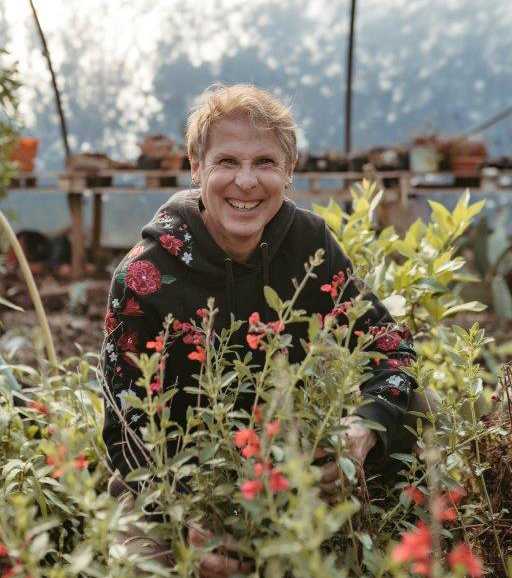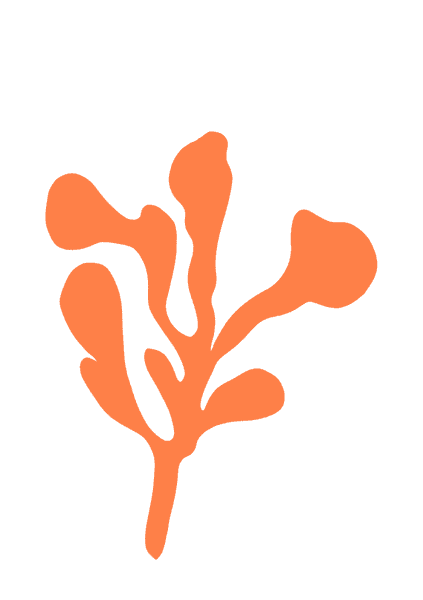
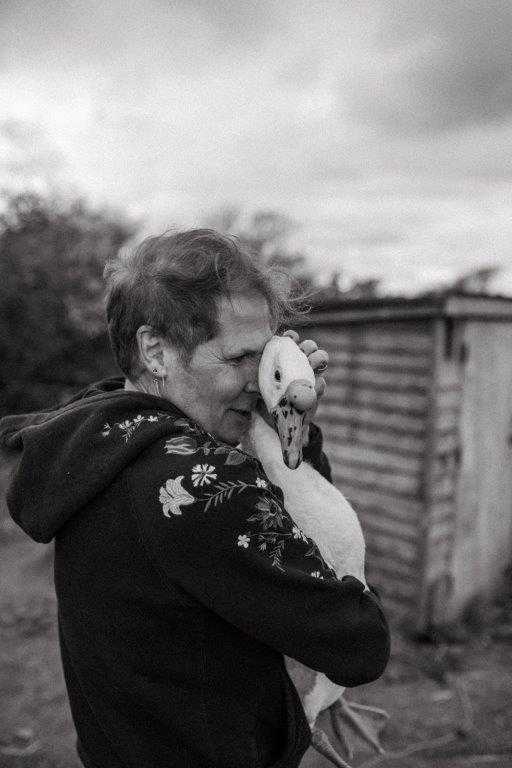


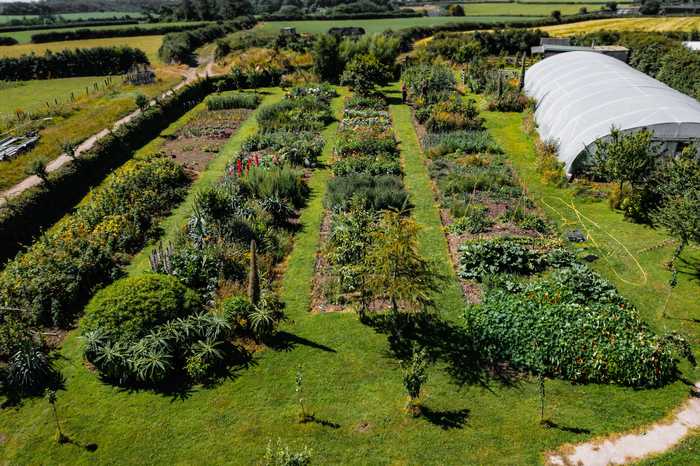

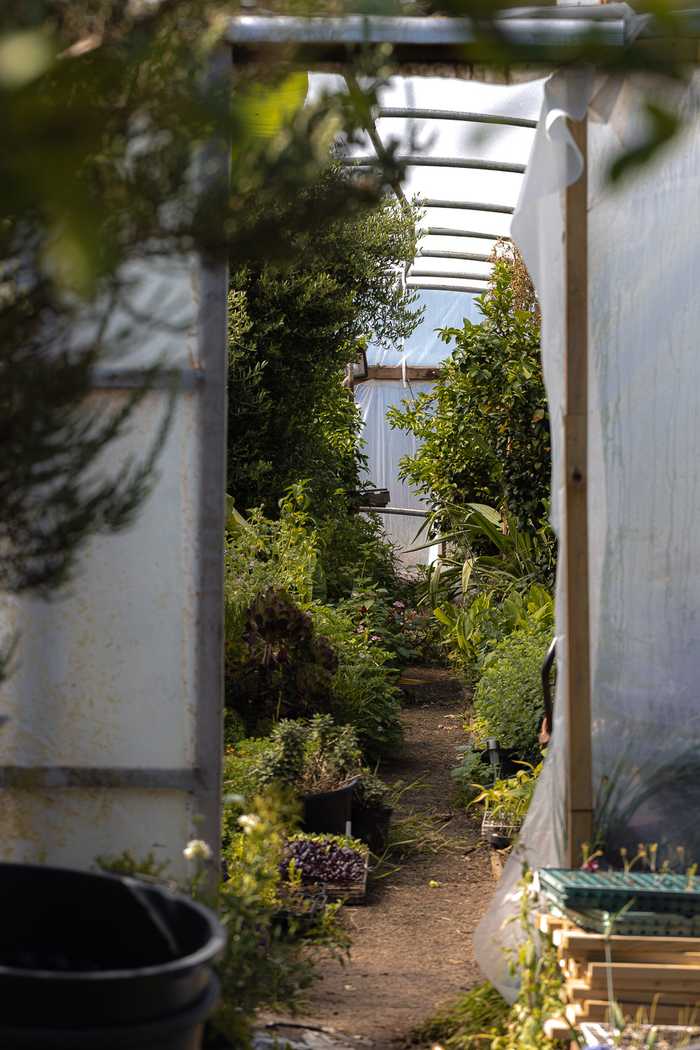

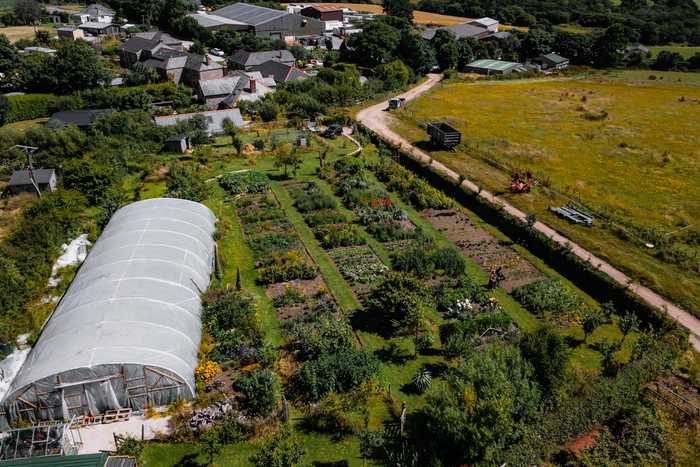
Based a few miles from the centre of Falmouth, Pascha’s Patch offers beautiful, fresh Cornish vegetables, flowers and succulents grown with a passion, on a small holding in the countryside. Pascha grows on her homestead and polytunnel and also does farmfield-scale growing in a larger plot close to Port Navas and Constantine.
Pascha’s way of working is simple, enjoying this past-time; supplying for local eateries such as Restaurant Mine, Oggie’s Cornish Kitchen, Culture and The Boathouse, as well as Un_Rap for loose goods and more, the return of investment comes in the form pure joy of sharing, harvesting on previous efforts, and enough money to pay for it all, with occasional invitations to enjoy what the chefs have made of it all!
These relationships with his customers have allowed Pascha to confirm the common ground he shares with them – a love for seasonal, fresh produce, for cooking, community, sharing, and a passion for utilising Cornwall’s unique climate and landscape.
—
Arriving at summer’s most fruitful moment and with the Cornish sun shimmering, we couldn’t have hoped for better timing.
“Let us walk around and talk” she says and leads us through her front garden rich in roses, large gunnera and a meowing black cat. “This isn’t my main job, I do this in my free time. But who in Cornwall only has one job? Everyone has at least two other things that they’re working on at the same time.”
We turn the corner and walk under a local larch-framed outdoor dining area, constructed by Trengayor Woodworks using traditional joining techniques and covered with a glass ceiling. Underneath sits a large and long oak table perfect for all-year-round gatherings and well-suited for the outdoor Cornish lifestyle. It is easy to spot the handmade wood fired oven, made from St Agnes clay, which bakes bread, pizza and cooks meat in minutes. Here, succulents and subtropical plants grow in solidified granite dust; a waste product from the local Colas quarry. “The best and most beautiful plants are those that grow in slight hardship… When I see the flowers along the exposed coastpaths they always bloom more densely and attractively.”
Turning out of the private garden we walk up a sloped pathway and pass her meadow field dotted with grass-parasitic yellow rattle, which she shares as an integral plant for the growth of wildflower meadows. The parasitic plants reduce the vigour of many grasses significantly enough to give wildflowers more space to thrive and populate. This yellow plant is also helpful for pollinators, particularly bumblebees and butterflies, a must-have for anyone wanting to grow a wildflower meadow and support nesting habitats.
At the entrance to Pascha’s home-field, we pause as she points to a buzzing beehive, alive with happy humming Cornish Black Bees, which originally arrived 3 years ago on World Bee Day. “It’s as if they knew” she chuckles.
Behind us, a scraggle of plucked plants and dried foliage form a large mound and a well-designed hedgehog home. “They keep contentedly to themselves all-year round unless they feel poorly, when they come to the house to be looked after, given a name and then return to their wild beds. Once named they become part of the family, and this provides them immeasurable comfort and a feeling of safety, to have a name is to belong.”
Once inside the open gate our eyes turn to a projective source of hello-honking emanating from a large enclosure, where 5 geese and 2 ducks waddle and wag their tails in greeting. “They love to be spoken to and make for good garden friends” Pascha says proudly.
Walking along the rows of plentiful patches, vegetable plots and flower gardens, she stops and points to plants naming each, picking and passing, “eat this” she gestures. We spend a happy half an hour gathering a pick-n-mix of plants and being delighted by pops of unexpected bold flavours; spicy, sweet, peppery, earthy, floral, and tart. We dine on stems of dill and petals of marjoram, big basil leaves and nutty broad beans in pillowy pockets, red crunchy radishes, refreshing sprigs of spearmint and sweet rose corolla.
Next, she guides us into her prized polytunnel, “you’ll enjoy this, I know it”. From the hot sunny garden where it’s the hottest week of the year so far in Cornwall, we walk lazily into the white horticultural bubble and are submerged in the heavy heat of the polythene film.
Busy with banana trees, untroubled basil flourishing in the warmth, olive trees, chilli plants and, perhaps most interestingly, a collection of brimming Cornish lemon trees and other citrus, one of which has been claimed by an acclaimed chef in Port Isaac. Hopefully there’ll also be an article about these lemons in a book expected to be published late 2022 by another Cornish chef; this one fed the G7 summit.
Pascha’s eagerness to share the produce from her green-fingered passion is not limited to chefs and shop owners, she tells us of a couple who messaged her while she was away, to ask if they could visit the patch and pluck her well-tended flowers to decorate their wedding venue.
When speaking of Falmouth, Pascha talks fondly of its eclecticness, and its sense of community; “it’s full of people who are genuinely happy to live their lives doing what makes them feel most alive. When you first arrive in Falmouth it can be quite a daunting place and no one says hello to you, but after having been here for 12 years I now can’t go anywhere without seeing someone who I know. It’s a combination of historic Penryn, and modern Falmouth and an amalgamation of locals, visitors, students and sea travellers. Falmouth is quintessentially Cornish”.
As the morning slipped into early afternoon against the backdrop of allotments and rolling fields, we could have spent the day with Pascha chatting about her love for the land and for Cornwall. Her invitation to return whenever we were in need of flowers and vegetables will be taken up gladly.
We left with heads buzzing with new plant knowledge, a crate full of veggies, an enormous bunch of freshly picked flowers, a giant bulb of elephant garlic and the recommendation for us next to have a creative chat with owner of The Boathouse and tattoo parlour Jezebel, Violet, and to try the food at Situ Cafe in Penryn.
